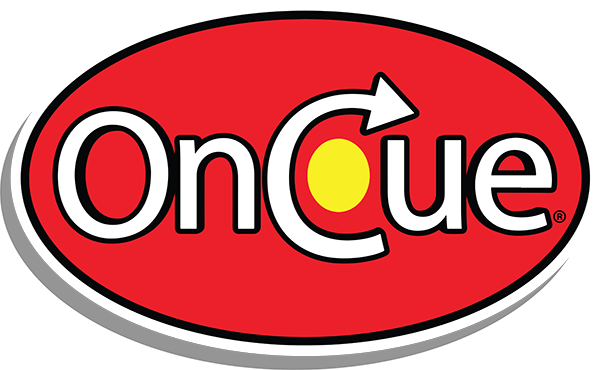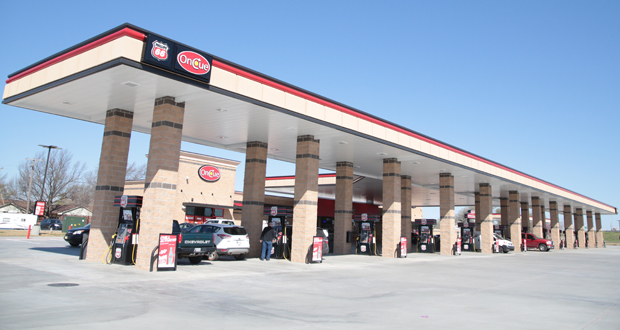OKLAHOMA CITY – By the time school is dismissed for summer break, young people in the Oklahoma City metro will have several new locations where they can seek crisis help.
OnCue Express stores are partnering with the city of Oklahoma City, Sisu Youth Services, Be the Change, and Pivot Inc. to create a Safe Place network. In the metro, 31 OnCue stores will be certified Safe Places, which means a young person in a crisis can get help at any of those OnCue locations. Also, every city fire station will be a Safe Place.
“Our commitment is to meet the needs of youth in our community,” said Melanie Anthony, Pivot’s vice president of community engagement and development. “Once you get them out of a crisis situation, then we can connect them with services that meet their need.”
When the youth asks for help, Be The Change, a nonprofit that provides a continuum of services to marginalized Oklahomans, will answer the call and respond to the young person. Then, depending on the service need, Pivot or Sisu can be called. Pivot is the only nonprofit organization among the three that operates a 24-hour emergency youth shelter. The other organizations offer only nightly shelters.
OnCue Corporate Communications Vice President Laura Aufleger said the company has been a Safe Place in Stillwater for several years, even before it became OnCue. She said it was Jonathan Roberts, executive director of Be the Change, who started the conversation about getting the partners together.
OnCue is purchasing the signs for its stores as well as the fire departments. The company also has to train all of its store employees to respond to a youth in crisis.
“Our employees have dealt with varying situations, especially with youth, so this formalizes things,” she said.
She said the company has already trained the employees in emergency preparedness. The staff has dealt with a variety of customer-related situations, she said.
Safe Places have been in Tulsa since 1991, with QuikTrip signing on as the first partner. Other Safe Places are the Tulsa City-County Libraries, the city of Tulsa fire stations, the EMSA ambulance service, and Tulsa Transit buses.
Young people who seek services are able to reach Youth Services Tulsa. In 2018, more than 100 youths accessed services at Safe Places, said Brian Young, community relations coordinator at Youth Services Tulsa.
He said YST is one of the few Safe Place agencies that use volunteers to provide transportation to the help that’s needed.
“For many of these young people, when they’re reaching out to a Safe Place, it’s usually the worst day of their life,” Young said. “The program is a great way for young people in crisis to find immediate help in their neighborhood, all throughout Tulsa County.”
Young said the program would not be possible without the partners. Their participation shows that they have a heart for service and for the county’s youths.
“It takes a lot of commitment to not only train every employee and to help a youth, but to handle the follow-up training as well,” he said.
Anthony said having multiple Safe Places in Oklahoma City, spanning across the metro, should help reduce a barrier for a young person to get help. The nonprofit is headquartered at 201 NE 50th St. and while it’s on the bus route, it could still take a while for a young person to get to Pivot. But at a Safe Place, an agency staff member is required to respond in 30 minutes.
That quick response is crucial, said Jennifer Goodrich, Pivot’s interim president and CEO.
The signs are an important factor as well. The youths need to know where they can go to get those services, she said.
“The recognition of Safe Places goes a long way,” she said. “(The yellow signs) are a visual representation that kids will be able to see, connect with, and pretty easily understand what it is.”
See full article here.

